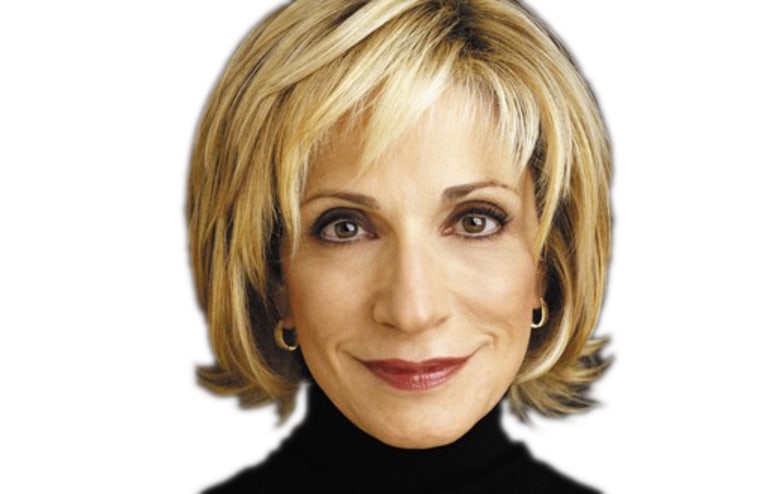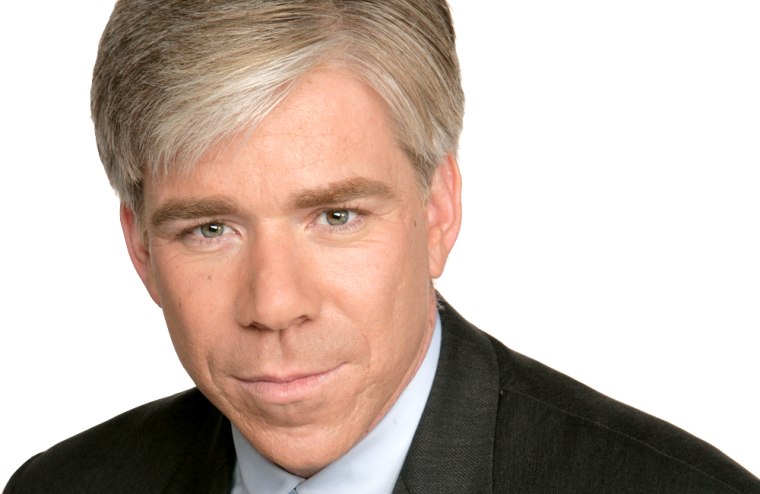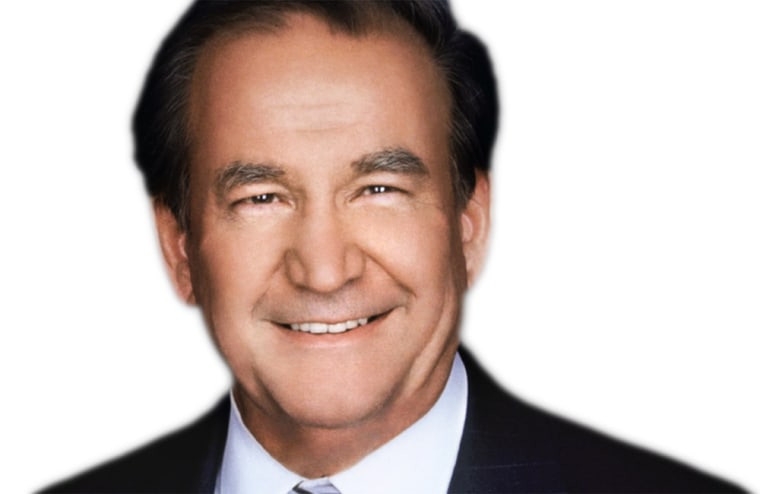President Bush nominated national security adviser Condoleezza Rice to replace Colin Powell as secretary of state Tuesday.
Andrea Mitchell, David Gregory, and Pat Buchanan weighed in on MSNBC last night on what this means:
Andrea Mitchell:

Condoleeza Rice has been so close to the president. He trusts her. They're like family together. The president, in fact, broke precedent and went on Saturday night to a surprise birthday party for Condi Rice at the British embassy and stayed the whole evening. This is not what George Bush likes to do on a Saturday night. He is not exactly a black tie kind of guy on Saturday night. He was terribly affectionate to her and really praising her extravagantly at that event. It really spoke to his deep regard for Condi Rice.
She has been unlike any previous foreign policy adviser. She goes to Texas with the Bushes. She goes to Camp David every weekend. She has really been his sidekick really on foreign policy.
The important thing is that this is much bigger than just Colin Powell leaving. This is, I am told, a complete top to bottom makeover of the State Department. And she has long wanted this to happen.
As long as she is representing the president, and is viewed as having his ear, she will not have a hard time. Madeleine Albright was secretary of state and I traveled with her to all of the Gulf states. And there was a lot of talk that she‘d have a hard time—she really didn’t. But the most significant thing about Condoleezza Rice is that she is really an extension of George Bush. So there won’t be any daylight there.
David Gregory:

Condoleeza Rice is going to be the chief diplomat of the United States, who has also got an excellent relationship in a line of communication with the president that even Colin Powell did not have that. She’s also got experience from a different vantage point, dealing with Donald Rumsfeld and indeed the vice president is going to know how to perhaps negotiate those waters a little bit better than even Colin Powell could. She may not have had all the experiences that Colin Powell did, but she' got an unique relationship with this president, to make sure that she‘s heard and to also negotiate the channel of America‘s foreign policy in a second term as they‘re trying to bring an exit strategy to conclusion in Iraq.
The expectation was that she wanted to go home, that she was just going to leave, and it was only in the last few months and that some, notably the president, prevailed upon her to take on a new and different challenge.
What is interesting about the secretary of state job is that there are many in this White House, the president included, who have not been big fans of the State Department and some of the diplomatic tracks that have been pursued and some of those diplomatic sensitivities, as we‘ve seen, in their conduct of foreign policy. Now she has to step into that culture, manage that culture, win friends there, but also, as you suggested earlier, be consistent and faithful to the president‘s goals of foreign policy here in the second term.
An immediate question is, did moderates lose within the administration? Did those moderate voices who have prevailed upon this president successfully, if you look at Colin Powell's history of secretary of state in this first term, and others within the State Department, did they lose?
Are there going to be wholesale changes that take a harder line when it comes to a second term foreign policy? Particularly, because people close to Don Rumsfeld say, while he's being deliberately coy about what he‘s going to do right now, that there is the expectation among his top advisers that he sticks around.
Pat Buchanan, MSNBC political analyst:

I think we're in for a great battle here. The president is clearly full of himself after his tremendous victory, understandably so. He wants to put his imprint on government and foreign policy. He's sending over Dr. Rice to clean house.
Does she have the weight? I know she's got the president's absolute loyalty —but the weight, the experience that Colin Powell, former chairman of the Joint Chiefs of Staff had, to walk into that department and clean house?
Dr. Rice is a scholar and Dr. Rice is a staffer. She is going to be sitting on top of a rebellious institution which adores Colin Powell and which is not going to go quietly if there`s going to be blood all over the floor there.
We've got a battle royal coming here inside the government. We already see it broken out over at the Central Intelligence Agency. The president has got every right to do it, but what he is doing is is he's making sure all his loyalists are in the positions that he wants them in, people from the White House, which means he alone is going to be held fully accountable and fully responsible.
Condoleezza Rice is an extremely bright young woman. She served ably on the National Security Council staff, but she is fundamentally a staff officer. And someone in this government— and the president should find out who— clearly did not prepare this country for the aftermath of Tommy Franks' three-weeks war. That's why we're in a hellish mess today in Iraq.
I think part of that responsibility clearly lies with the individual who should have been asking the questions. And she's going to be asked those questions up there at the Foreign Relations Committee.
Finally, Condi Rice is not a conservative— she's a neoconservative. And the neoconservatives have won virtually every battle now. They have all the seats of power. And they are not loved in this D.C., not simply by the bureaucracy, but by some traditionalist old Right folks, by a lot of journalists and others. And what the president has got — he's basically declared war on this city with a very narrow set of alliances.